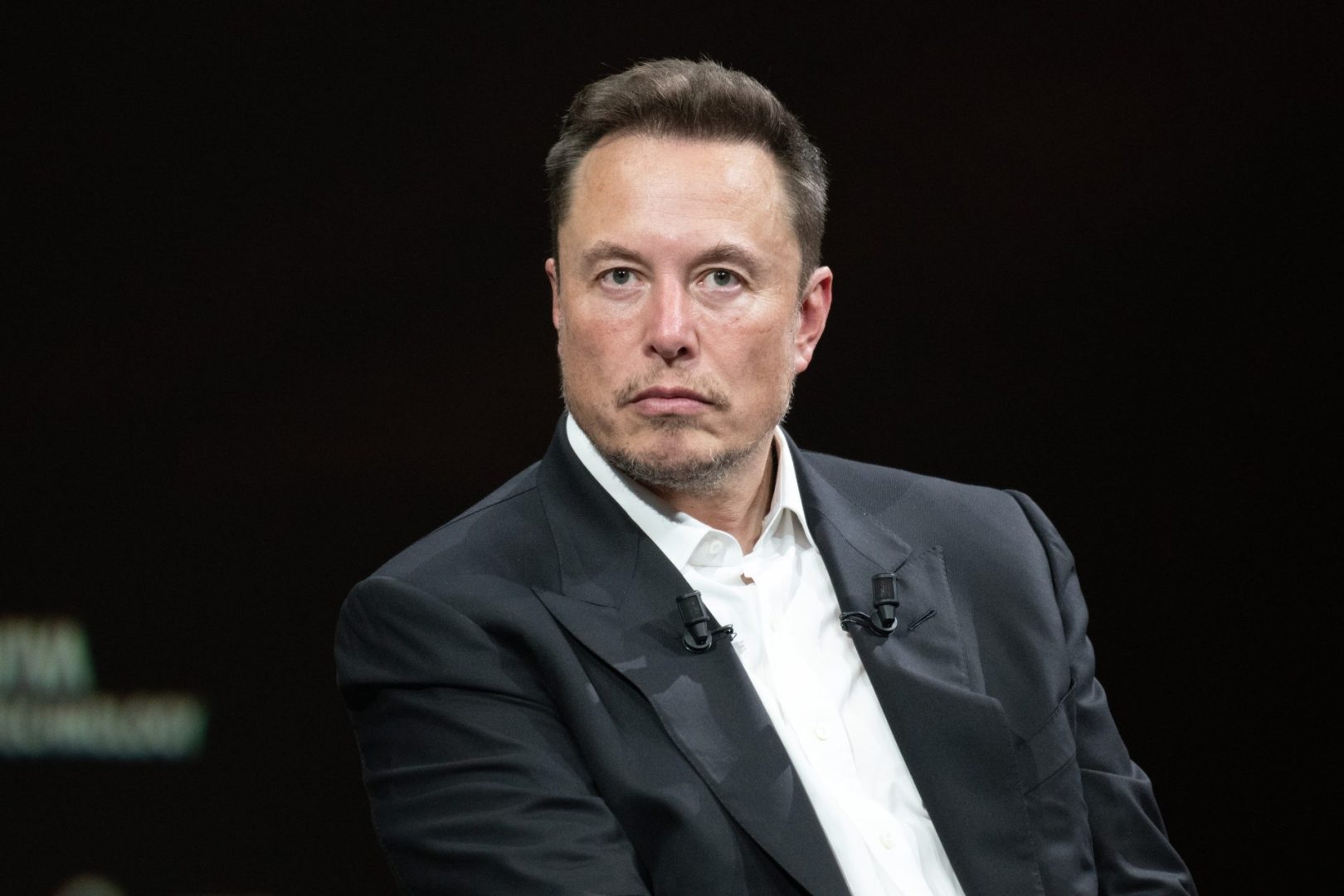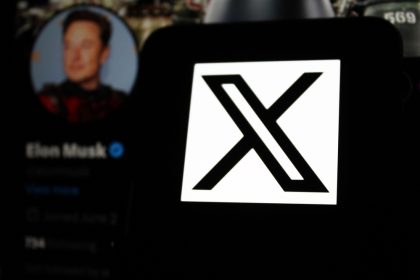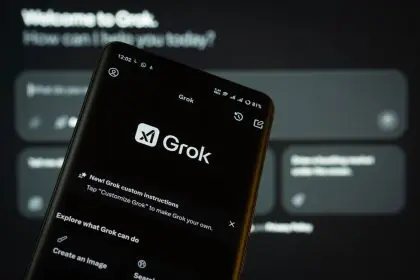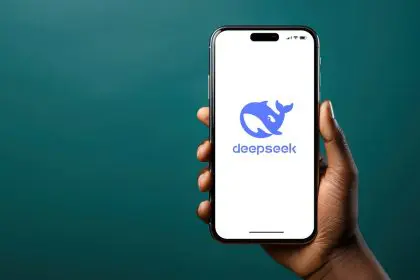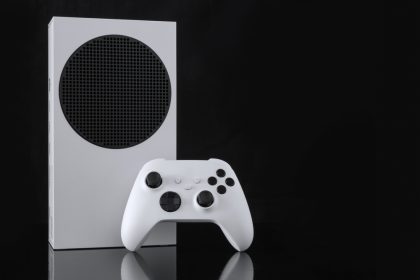Elon Musk’s lawsuit against OpenAI and its chief executive officer Sam Altman has moved closer to a trial. The case has attracted significant attention across the tech industry as it addresses fundamental questions about AI governance and corporate structure.
The 53-year-old billionaire – who is an OpenAI co-founder and donated approximately $45 million to get the artificial intelligence research organization off the ground in November 2023 – began taking legal action against its 40-year-old CEO, the company itself and its biggest supporter, Microsoft, in 2024. The lawsuit represents one of the most high-profile disputes in the rapidly evolving artificial intelligence sector.
It comes as Elon claims OpenAI is continuing to pursue its ambition to turn from a non-profit to a for-profit corporation – which the Tesla boss thinks the move is a breach of the terms of his previous donations to the firm and fraud. This shift in structure has been controversial within the AI ethics community, with many experts debating the implications for responsible AI development.
Musk also requested a preliminary injunction – a temporary court order that prevents any changes or disruptions to a case before the court decides on it – to stop OpenAI’s conversion. Legal experts have noted that such injunctions are particularly challenging to obtain in complex corporate governance matters.
However, a judge declined this in March but agreed to accelerate the trial – which is scheduled to take place in March 2026. The expedited timeline suggests the court recognizes the significance and urgency of the issues at stake in this dispute.
As well as that, Judge Yvonne Gonzalez Rogers, of the Northern District of California, rejected some parts of the case – including Elon’s breach of contract claims – on Thursday (01.05.25), but she was satisfied that Musk has made adequate allegations against OpenAI and Altman, and she is keeping the fraud allegations alive. Judge Rogers has presided over several high-profile tech industry cases throughout her judicial career.
“Musk adequately alleges that the defendants promised to maintain OpenAI’s non-profit status and structure in order to obtain his contributions, and that they intended to do so in order to obtain the capital needed to create a for-profit venture to enrich themselves,” in her ruling – which OpenAI can appeal against – Judge Rogers said. “Although there is no express contract, Musk adequately pleads in the alternative that there is an implied-in-fact contract.” This legal determination suggests the court sees merit in exploring whether verbal agreements and intentions constitute binding obligations.
The ongoing dispute has highlighted tensions in the AI development community between those who advocate for open-source, non-profit approaches and those pursuing commercial applications. Many industry observers view this case as potentially setting important precedents for how AI ventures transition from research to commercial entities.
OpenAI has maintained that its structural changes were necessary to secure the resources needed for responsible AI development at scale. The organization has repeatedly emphasized that its mission remains focused on ensuring artificial general intelligence benefits humanity broadly, despite the shift toward a more commercial framework.
Since leaving OpenAI, Musk has founded his own AI company, xAI, which he positions as an alternative approach to AI development with different governance principles. This parallel effort underscores Musk’s continued commitment to shaping the future of artificial intelligence despite his fallout with OpenAI.
The case has attracted additional perspectives from various stakeholders in the AI ethics community, with arguments supporting both sides of the dispute. These supplementary viewpoints highlight the broader implications of the case beyond the specific allegations between Musk and OpenAI.
Court documents reveal extensive communication between Musk and Altman during OpenAI’s formative years, which both parties interpret differently regarding original intentions and agreements. These communications form a crucial part of the evidence that will be examined during the trial.
Legal experts point out that cases involving implied contracts and verbal agreements typically face significant challenges, but the judge’s willingness to allow these claims to proceed suggests she sees factual issues that warrant further examination. The distinction between formal legal obligations and ethical commitments will likely be central to the proceedings.
As the case proceeds toward trial, both parties continue to develop competing AI systems, with OpenAI releasing successive versions of its GPT models while Musk’s xAI advances its own technology. This parallel technological development adds further complexity to the legal dispute, as the competitive landscape continues to evolve rapidly.

